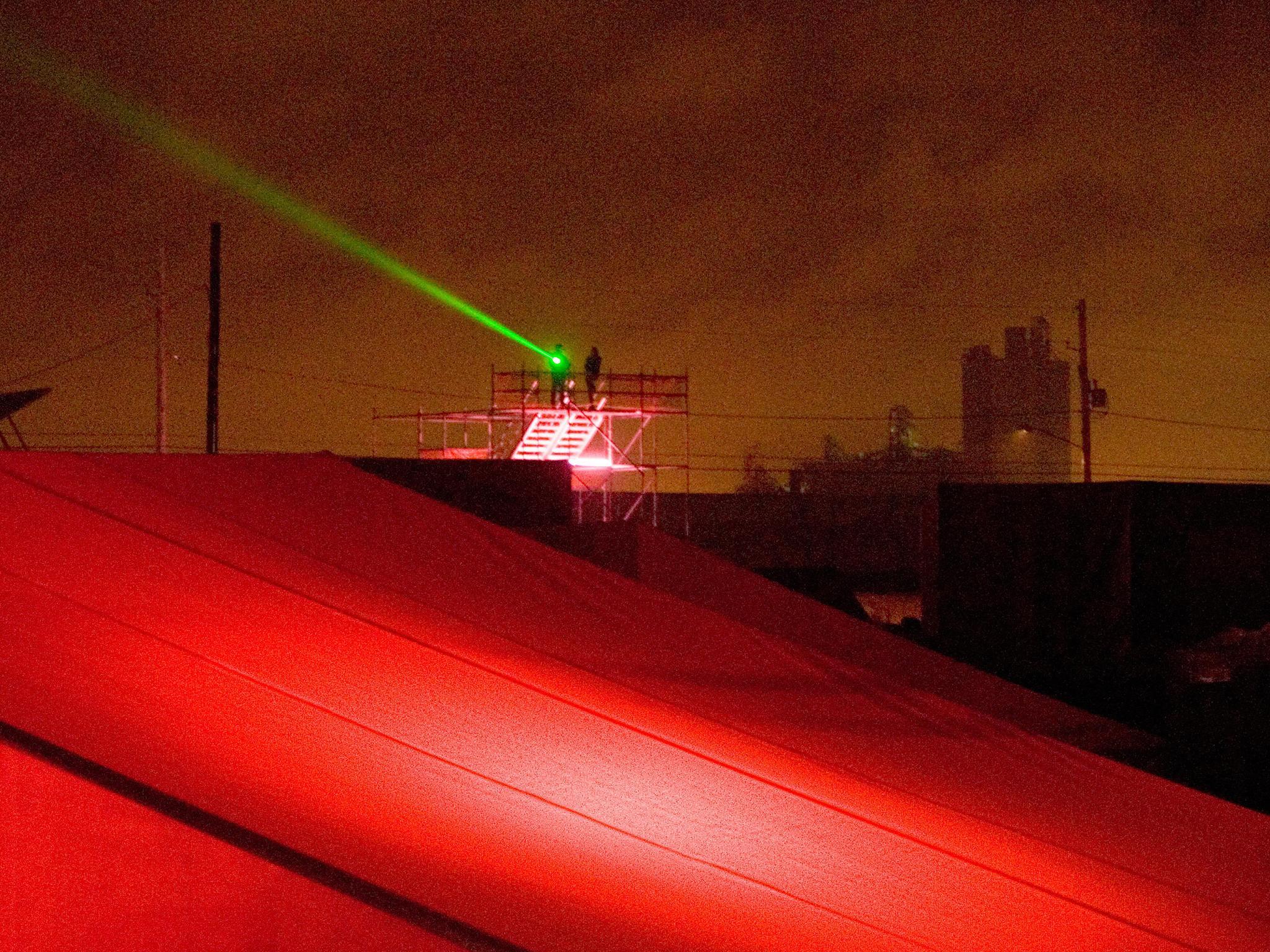Laser pen offenders face five years in jail and unlimited fines under new laws
National Police Chiefs' Council brands shining blinding lights at moving vehicles and aircraft 'deeply irresponsible'

People who shine lasers at air, ground and sea vehicles could be jailed for up to five years under new laws.
Offenders also face unlimited fines as part of Department for Transport (DfT) measures to boost safety.
Commonly available laser pens can cause eye damage and in some cases render people temporarily blind.
Existing legislation means someone found guilty of shining a laser at an aircraft faces a maximum fine of just £2,500.
The Laser Misuse (Vehicles) Bill, published on Wednesday, expands the types of transport which are covered to include trains, buses, boats and hovercraft.
National Police Chiefs' Council (NPCC) lead for lasers, Commander Simon Bray, said shining a laser at an aircraft or another moving vehicle is "deeply irresponsible and dangerous".
He went on: "Laser attacks can lead to catastrophic incidents.
"These new and robust measures send a clear message to perpetrators: laser attacks are a crime and serious consequences will follow from committing this offence."
The new laws will make it easier to prosecute offenders by removing the need to prove they intended to endanger a vehicle.
It will be an offence to dazzle or distract the operator of a vehicle either deliberately or if reasonable precautions to avoid doing so are not taken.
Aviation minister Baroness Sugg warned that laser misuse can have "fatal consequences".
She said: "The Government is determined to protect pilots, captains, drivers and their passengers and take action against those who threaten their safety."
Laser pens have been a growing concern in the aviation sector in recent years as pilots have been targeted by the beams.
The first laser attack on an aircraft was reported in 2004 and since 2011 there have been around 1,500 incidents in the UK each year.
Some 1,258 were reported in 2016, with attacks at Heathrow alone rising by a quarter year-on-year to 151.
Brian Strutton, general secretary of pilots' union Balpa, said: "Balpa pilots and other transport workers have raised the growing threat of laser attacks for some time.
"The Government's announcement of a Bill to tackle the misuse of lasers is therefore very welcome and we will work with DfT to ensure its effective and speedy implementation."
The Department for Business, Energy and Industrial Strategy is considering the findings of a call for evidence on updating regulations for selling laser pointers.
Andrew Haines, chief executive at the UK Civil Aviation Authority, said: "Shining a laser at an aircraft in flight could pose a serious risk to flight safety.
"We are concerned about the high number of laser attacks in recent years and therefore welcome new measures that would see tougher penalties for those who act recklessly by endangering the safety of aircraft."
PA
Bookmark popover
Removed from bookmarks